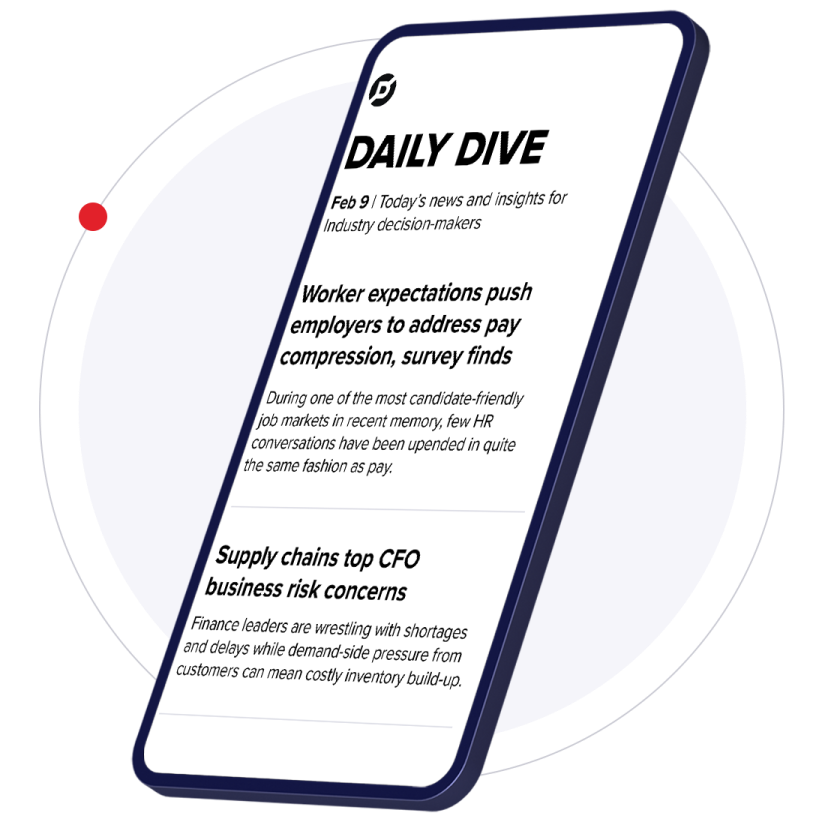Connecting construction operations with ERP | Dump Trucks Charlotte NC

stock.adobe.com/Trevor Adeline/KOTO


Project management software has been transformational for the construction industry. Digital innovations have improved collaboration and communication between stakeholders, helping teams allocate resources efficiently to complete projects on time and on budget.
The key driver of this transformation is connectivity.
Connected data, connected teams and connected workflows are further evolving the industry. Without integration between systems, duplicate data entry is required to update each system and the data needs to be merged manually for many processes.
The next revolution in construction project management will take this connectivity one step further and integrate project management software with enterprise resource planning (ERP). This integration gives construction teams a 360-degree view of their portfolio and up-to-the-minute financial data for informed decision-making.
How integrated project management solutions bridge the gap
When your operations and ERP solutions are talking to each other, any team member can enter data once and know that it will be populated wherever it is needed in both the project management and ERP systems.
The types of data most critical to integrate include contractual agreements, purchase orders, change orders, estimates and generally, all cost-related information. With fully-integrated and real-time data, your teams can make better, more informed decisions—faster and more cost-effectively.
Six capabilities to look for in an integrated project management solution
There are several capabilities you should look for as absolute requirements for getting the greatest benefit from a project management solution that integrates operational data with accounting data.
1. Configurability
Even though you may have standardized processes, you also have unique needs, and projects can vary from one to the next, so your project management solution must be adaptable. Configurability allows your teams to fine-tune a solution to meet the specific needs of your business and your projects without involving IT or going to the vendor for customizations.
2. Extensibility
Increasingly, columbus oh dump truck company and owners are looking for ways to integrate other aspects of the business into project management, such as customer relationship management (CRM) and human capital management (HCM). A flexible, configurable solution that can easily adapt to changes and add-ons gives you the agility you need to stay competitive as your business needs change and your business grows.
3. Seamless data integration
Whether the data originates in operations or accounting, it should be entered into the originating system once and then pass seamlessly into other systems. Workflows should be configured to automate the movement of that data in real-time, based on your business processes. Data integration and automation eliminates the need for cross-training and duplicate data entry—saving time, reducing costs and avoiding expensive errors.
4. A provider with expertise in both construction and accounting
Your solution provider should have experience and expertise onboth sides of the equation. Selecting a provider who has an ERP system in-house is especially useful, both for simplicity's sake and because of the expertise offered. These providers understand both the construction project management and the accounting sides of the business.
5. Automated, dynamic integration
Your provider should offer solutions that are fluid and easy to use. Be wary of "out-of-the-box" solutions that require manual columbus oh dump truck company for integration. Without dynamic integration, every transaction must be approved individually in the project management system and then pushed to the ERP system. You want a solution that automates this process.
6. A cost-effective pricing structures
You need to know the true cost right upfront. Does the pricing include catches such as usage-based costs or payment for access to the APIs? Your ability to control costs and to effectively manage budgets are crucial elements in construction project management so why should your project management solution be handled any differently.
The future of construction is connected
From minor renovations to massive capital improvement programs, construction initiatives succeed or fail based on the right people having the right data at the right time.
Trimble has applied its two decades of construction expertise in both project management operations and ERP to build its integrated project management solutions. ProjectSight evolved from Trimble's Prolog project management software, which was built on a cost and budget module with an emphasis on automating processes and enabling one-touch data entry.
Trimble's best-in-class Viewpoint ERP solution supports the seamless integration of ProjectSight with an open API—making them very flexible, and there are no additional charges for API access, which adds to cost-effectiveness.
The industry is already trending toward integrated solutions—we see the opportunity for even greater collaboration, such as CRMs and HMCs, and new aspects such as regulatory compliance. As schedules, supplies and budgets get tighter, organizations that have connected processes between all stakeholders will have the edge.
Construction Dive news delivered to your inbox
Get the free daily newsletter read by industry experts

Editors' picks
-
 Explore the Trendline➔
Explore the Trendline➔ Patrick Lux via Getty Images
Patrick Lux via Getty Images Trendline
TrendlineConstruction Technology
The construction industry is relying on tech solutions now more than ever, as it faces a skilled labor crisis and global pandemic.
By Construction Dive staff -
'Human error' cited for deadly Google Seattle crane collapse, 3 firms fined $107K
The Washington State Department of Labor and Industries indicated that workers took shortcuts when dismantling the crane in April, which made it more susceptible to the wind that toppled it, taking four lives.
By Kim Slowey • Oct. 21, 2019


